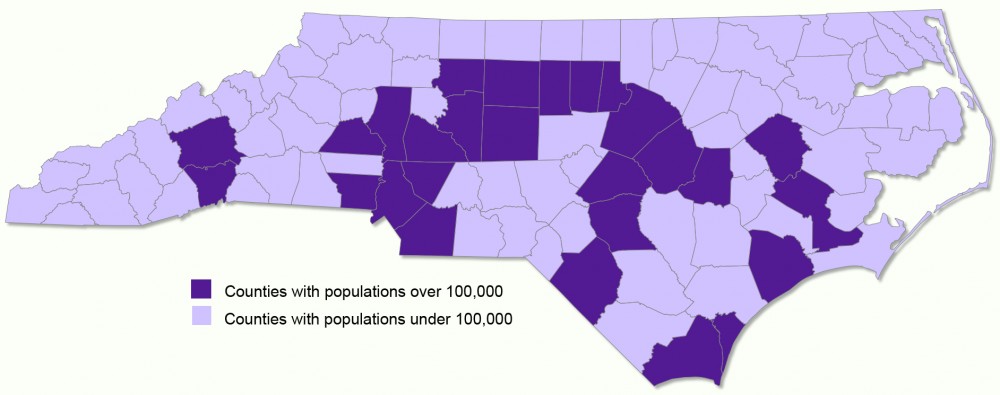Publisher's note: The author of this post is Katherine Restrepo, who is the Health and Human Services Policy Analyst for the John Locke Foundation.
It's been a little over one week since the House filed HB 200, which would loosen up the state's
Certificate of Need (CON) law — a regulatory burden requiring medical providers to
ask permission from the state and their competitors before expanding their businesses.
Under
HB 200, the following would be exempt from CON review:
- Diagnostic centers
- Ambulatory surgical facilities
- Gastrointestinal endoscopy rooms
- Psychiatric hospitals
The bill would also relax the central planning duties of the Division of Health Service Regulation (DHSR) by prohibiting it from limiting the number of operating rooms or endoscopy rooms. DHSR mainly exists to determine what services and facilities are needed across the state so as to prevent underutilized facilities or duplicated services.
But for the past 40 years, it is highly questionable whether this law has
effectively constrained health care costs. It's also uncertain whether the annual State Medical Health Facilities Plan, a 450-page inventory that accounts for all types of providers and services offered across the state, appropriately determines where services are indeed needed. For example, a patient who resides in one county with limited health care infrastructure may decide to undergo a procedure at an independent ambulatory surgery center (ASC) located in another county (and at a fraction of the cost). The medical facilities plan documents what service is being delivered and where, but it doesn't track patient migration.
Since we're on the topic of ASCs, the fact that HB 200 allows for the establishment of physician-led surgery centers has no doubt caused a
backlash from tax-exempt, non-profit North Carolina hospitals, arguing that they will lose their most lucrative services to specialty hospitals. But do hospitals realize how slight this reform really is? ASCs would be required to provide 7% charity care, and construction is prohibited in counties with a population of less than 100,000 people.
Which means patients in 73 of the 100 counties in the state will not be able to enjoy better access to more affordable health care through this reform.
Is it really necessary for hospitals to be screaming about this piecemeal bill? The turf war will only get more interesting once the Senate weighs in with their version of CON reform, most likely a comprehensive repeal of this antiquated law.

























